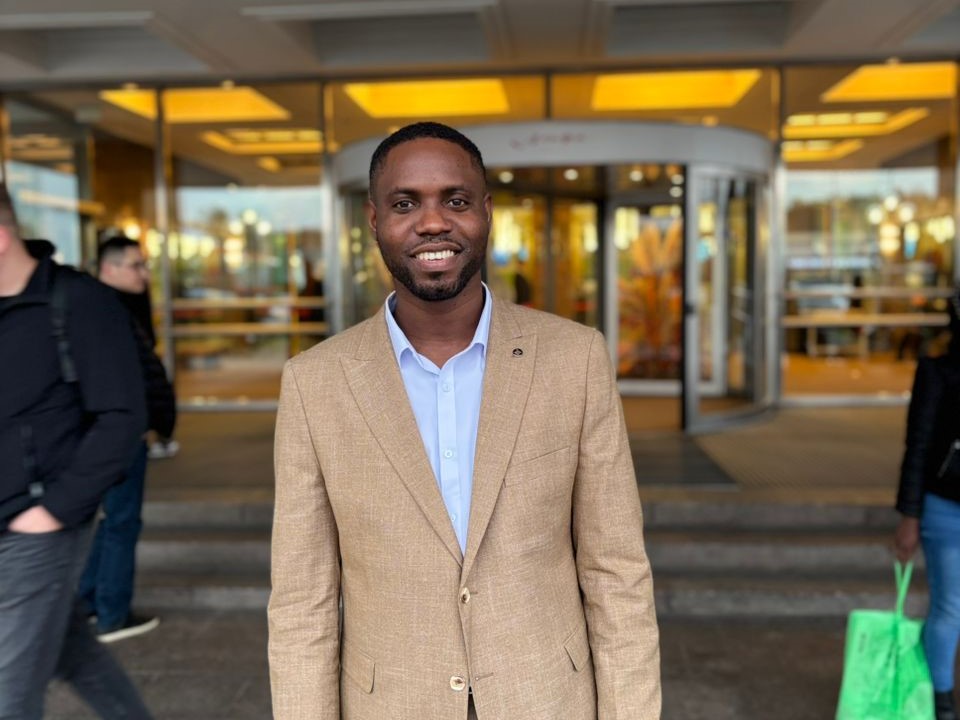The Institute of Demography of NRU HSE (IDEM) was established in February 2007. The history of the Institute as a research center actually began almost 20 years earlier, in 1988, within the walls of the Academy of Sciences of the USSR. The immediate predecessor of IDEM NRU HSE was the Center of Demography and Human Ecology of the Institute of Economic Forecasting of the Russian Academy of Sciences. IDEM is a scientific and educational institution. The Institute’s goals: the conduct of fundamental scientific research, the improvement of its methodology, and the training of scientific personnel. Simultaneously with the formation of the Institute in 2007, the interfaculty Department of Demography was set up within it, and in 2009 the Scientific-Educational Laboratory on Socio-Demographic Policy was opened. A master’s program on demography is being run within the Institute.
News
In the issue: Vadim Radaev «Do younger generations postpone their transition to adulthood, and how does it manifest»; Mikhail Maksimov «Cohort effect in mortality in Russian regions: economic losses»; Sergey Timonin, Egor Sergeev, Alexey Shchur, Anton Barchuk, Olga Kobyakova «Age standardization of medical and demographic indicators and a Russian standard population»; Vadim Ustyuzhanin «demor: R package for basic and advanced methods of demographic analysis»; Daniil Sitkevich, Ekaterina Mitrofanova «Labor migration from Daghestan: organizational forms and perspectives (a qualitative sociological study)»; Vlas Ryazanov «Socio-demographic features of traditional communities with outpacing population growth rates: two parishes in Kalyazin region in 1760-1862»; Dmitry Bogoyavlensky «Disasters in demographic statistics, or how I learned about the tsunami. An essay by a demographer and archivist»; Shamil Farakhutdinov, Lamara Mekhrishvili «The institute of family in post–industrial society».

Stephen Sodoke, a graduate of the «Population and Development» program, has published his first research article in the journal Energy Research and Social Science, a leading global journal in energy policy and sustainable development.

In total, almost 600 members of staff were named Best Teachers

Russians with children feel happier than those without children. At the same time, the number of children influences the assessment of happiness: the more children Russians have, the happier they feel. These conclusions were outlined inthe report ‘More Children, More Happiness: The Impact of the Number of Children on Russians’ Assessment of Happiness,’ presented at the XXV Yasin (April) International Academic Conference on Economic and Social Development, held on April 15–18 at HSE University. The study was conducted by Elena Churilova, Senior Research Fellow, and Dmitry Jdanov, Chief Research Fellowat HSE International Laboratory for Population and Health.

The number of applications has nearly doubled: as of today, more than 2,600 applications have been submitted for undergraduate programmes, and more than 2,400 for master's programmes. This increased interest from international applicants in studying at HSE confirms the university's status as one of the most sought-after Russian universities abroad.
In the issue: The intensity of fertility decline is increasing worldwide: Is a low fertility trap increasingly likely? «The Russian paradox»: high education/low human capital. Geographic proximity of relatives and relocations of older adults: A study based on population registers in Norway and Sweden. Internet use by people with disabilities: an analysis of purposes and specific features. What determines the migration intentions of city dwellers: results of surveys conducted in 10 regions of Russia in 2018-2023. Migration potential of the Kaliningrad region: migration sentiments and intentions of residents of the exclave. Inter-ethnic differences in the probability of first and second births in low fertility conditions (as exemplified by Kabardino-Balkaria and the Stavropol region). Discussion of the idea of creating the Institute of Demography of the USSR Academy of Sciences in 1944.

HSE has announced the latest ‘International Academic Cooperation of HSE University’ open competition of joint basic research projects. The competition is aimed at strengthening global scientific collaboration, expanding the university's research agenda, and involving students and postgraduates in world-class fundamental research.

On 27th October and 3rd November, HSE Anthropology professor from the faculty of Social Science, Ilya Ermolin, organized excursions around Moscow for the second-year students from master’s program Population and Development.

The Population and Development Program has taken a leading position among the HSE Master's degree programs in "Admission of international students"
In the issue: Migration in Russia in the first half of 2024. Net migration in the population of Russia for January-June 2024 decreased to 65 thousand people, including up to 30 thousand people in population exchange with other countries. Russia received its largest migration increase for January-June 2024, as in 2021-2023, in population exchange with Tajikistan. According to the Border Service of the FSB of Russia, the number of foreign citizens who arrived in Russia for work purposes exceeded 4.5 million people in 2023. The volume of migration within Russia decreased in January-June 2024 by 5% in terms of the number of arrivals and by 4% in terms of the number of departures. In January-June 2024, migration exchange with CIS countries increased the population of 48 of the 85 regions-subjects of the federation, and migration exchange with other regions of Russia - 23. The number of people granted temporary asylum in Russia decreased to 13.9 thousand people by mid-2024. Family studies in school: pros and cons. Half of Russians support ban on childfree propaganda, while 74% oppose introduction of tax on childlessness. Fear of contracting coronavirus has decreased to the level of fear of the flu. Let’s move for work? Not just Moscow and St. Petersburg. Top 5 best cities for a career include Yekaterinburg, Tyumen and Kazan. Sources of primary data for official statistics. Changing priorities. Meeting of the Statistical Section of the Central House of Scientists. Happy anniversary to Oksana Vyacheslavovna Sinyavskaya.


